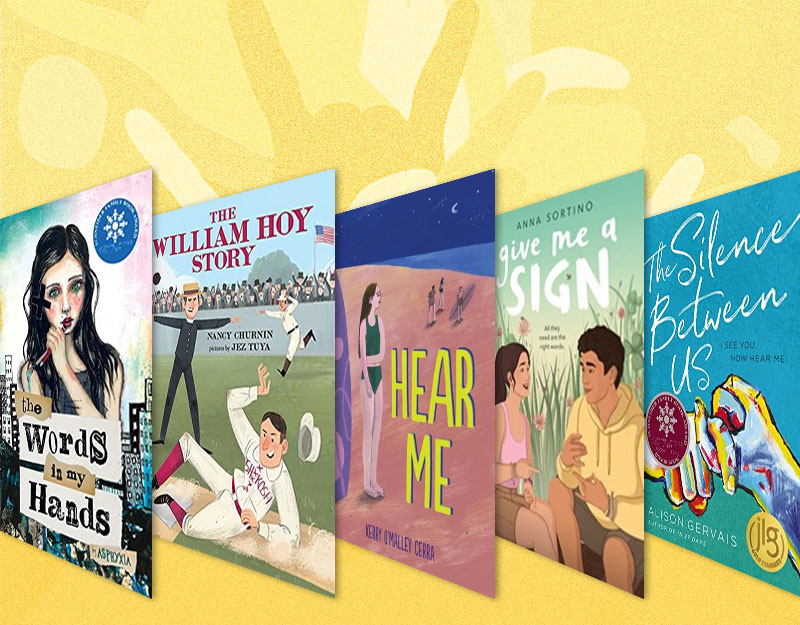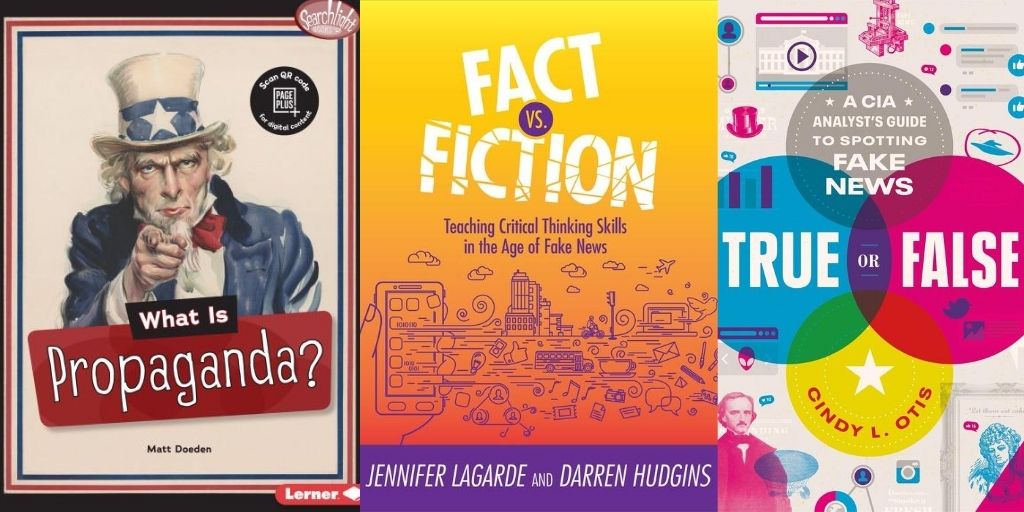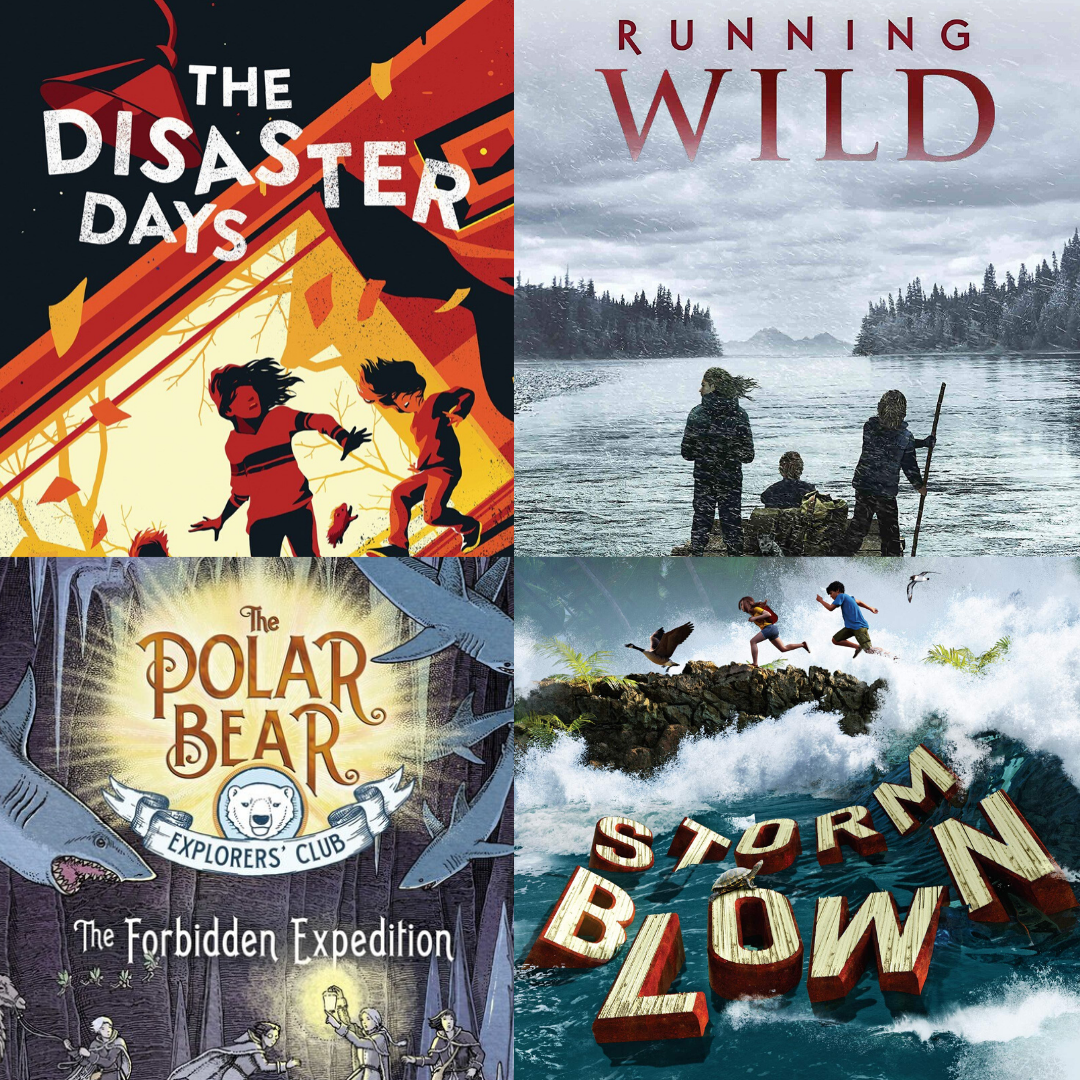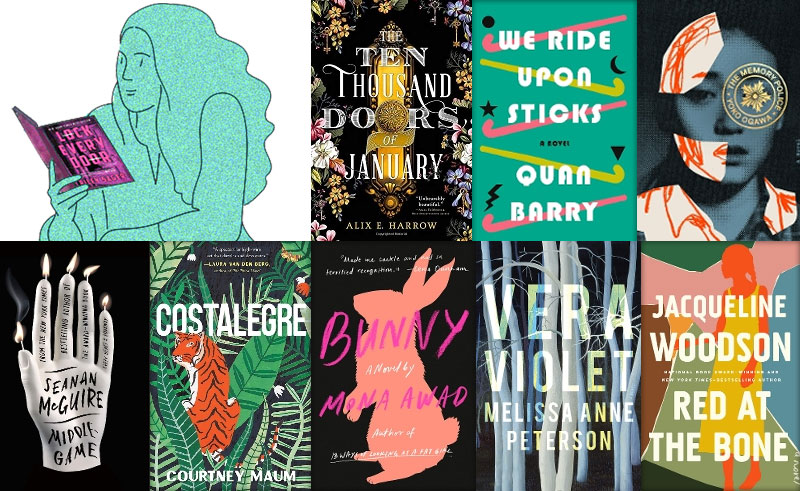Don’t read those %&#@ YA books! A discussion of profanity in teen fiction
Lately, everyone has been a buzz about the profanity in teen novels. It even made the news! A recent study was done and they counted the swear words and noted an increase in the use of profanity in teen books. There have been some informative – and some amusing – blog posts about the topic (linked at the end of this post). Apparently, the women’s lib movement is somehow to blame and all us women folk got a potty mouth when we put on our shoes and walked out of the kitchen.
I am not going to lie, I have noticed as a reader the increase in profanity in teen books and it has given me pause. Not because I personally care, but because I stop for a moment and think to myself yep, a parent is going to complain about this. So far they haven’t, but with all the press it increases the likelihood.
ADVERTISEMENT
ADVERTISEMENT
I am a huge believer in Intellectual Freedom. I believe that authors have the right to tell their stories the way they feel they need to be told; it is their character and they have a right to give them the voice that feels authentic to them. That doesn’t mean I have to like it, it means that I have to make it available and allow my patrons to make decisions for themselves.
As a parent, I can’t help but notice that faux-swearing has even invaded my tween television time. The cast of iCarly spend a lot of time saying “shiz” or “chiz” or however they might spell it. So here’s what I do as a parent: I either decide I am okay with it, I talk to my child about it, or I ban the show in my home. Or some combination of the above. I think whether you continue to watch the show or not, you have to have the conversation about what you view to be acceptable as language in your home. If I took a moment, I could really evaluate every show we watch and tell you something that I find objectionable: Sam is mean to Freddy, Alex is a disrespectful slacker in Wizards (now over), Squidward is mean . . . I could go on, but you get the point. This is where parenting is an active process: I watch TV with my children and we talk about it. I read books with my children and we talk about it. Sometimes topics come up that I wouldn’t have the opportunity to talk about otherwise, I wouldn’t think to. That is part of the value of reading.
For example, my tween and I have had a lot of discussions about the way that Sam acts on iCarly, specifically how she acts towards Freddy. You see, she hits him a lot and it is played for laughs – except I can’t help but feel that if the situation were reversed, if he were hitting her, there would be a huge outcry. To me, it is not okay. Any type of abuse between two people is never okay and I don’t appreciate the implication that it is a source of humor and I worry that it may send the wrong message to young viewers. But again, I talk to my tween about it. That’s my job as a parent.
So back to swearing. As I read these various teen books, the question I always ask my self is this: is it organic to the story, to the character? You see, books have to be about SOMETHING, and they are often about teen characters struggling with real life issues and whether we like it or not, teens cuss. A lot in fact. And sometimes, when you are hurting or angry, profanity is a good way to express the high emotions that teens feel because those words have known power and meaning. Hurting people call the people who hurt them a bitch precisely because it has the known cutting power that they need in that moment. When it comes to stroytelling, characters have to choose the words they need to convey their emotion in context of their setting and culture. We don’t have to like it, but profanity is part of contemporary culture. In fact, I think the F word is one of the few remaining words you still can’t hear on prime time television.
I was personally amazed when watching a special on Whitney Houston on Lifetime television and they kept showing an ad for an upcoming movie on Drew Peterson. Right there in the ad Rob Lowe said, “I’m unstoppable bitch.” In an ad. I understood why they had chosen that clip, it packed a wollop and conveyed their message in the 30 seconds that they had to do it. Like I said, if our tv characters aren’t actually swearing, they are fauxswearing. Is there really any difference? The intent is definitely the same.
If we want teens to read, they have to have access to books that speak to them. We can pretend that teens don’t cuss and present them with squeaky clean fiction – but they will immediately cast it aside because it’s not real to them. This is especially true for those teens growing up in homes that we can’t imagine or in the inner cities. And of course the truth is that however we may feel about certain words, not all parents feel the same. To be honest, I grew up in a home where my parents didn’t care about cussing as long as I didn’t direct it at them. If I should make the mistake of cussing out my mom, well, the soap was coming out. Otherwise, they were just words.
ADVERTISEMENT
ADVERTISEMENT
I think if we want teens to read, we have to respect the diversity of lifestyles that exist out there. They are not all growing up in cookie cutter homes. Just like the rest of the population, there is a tremendous diversity in how they live and love and think and feel and, yes, speak. Our collections must reflect this diversity. We must also remember that part of the value in reading is in helping the teens understand lives outside their own and develop empathy; thus, teens step into the shoes of main characters different from them and experience what it is like to grow up in homes and communities different than their own.
I understand the parental desire to protect your children, I also understand the value of engaging with your teen and helping them to see and understand that the world is a complex place full of a wide variety of people having a wide variety of experiences – some that we couldn’t even imagine. As we talk to our teens about this, they develop the tools they need to live and thrive in a world that isn’t black and white but full of complex shades of gray. I think, too, we have to respect our teens and recognize that if a book doesn’t feel right to them, they will stop reading it. When we respect our teens and value them by providing thoughtful, well rounded collections, we all win.
It’s also important to remember that when we are talking about teens, we are talking about a huge age group: anywhere from around 12 up through 18 years of age. So when I am working with teens or parents, I always tell them to look at the books before they check them out and note the age of the characters; middle school characters are going to talk the way middle school students do and deal with middle school issues and high school characters are going to talk the way high school characters do and deal with high school issues for the most part.
So what do you think, is there too much profanity in teen fiction?
More:
Research: more swearing in teen novels than video games
Spark Life: Is there too much swearing in teen fiction?
What teens may be learning from swearing in teen fiction
Daily Kos: Rich, beautifyl and popular, fould mouthed characters in teen books have it all
Cursing: Not just for sailors anymore
Censorship
Filed under: Censorship, Profanity, Teen Fiction, Trend Watch, YA Fiction, YA Lit
About Karen Jensen, MLS
Karen Jensen has been a Teen Services Librarian for almost 30 years. She created TLT in 2011 and is the co-editor of The Whole Library Handbook: Teen Services with Heather Booth (ALA Editions, 2014).
ADVERTISEMENT
ADVERTISEMENT
SLJ Blog Network
2024 Books from Pura Belpré Winners
Passover Postings! Chris Baron, Joshua S. Levy, and Naomi Milliner Discuss On All Other Nights
Winnie-The-Pooh | Review
Parsing Religion in Public Schools
ADVERTISEMENT











For most teens they aren't even used as 'curses' anymore. It's simply a part of their language now. I've called my friends more names in jest then I ever have to hurt someone. Most YA writers struggle to connect to their audience and they aren't going to achieve that by having the annoying parent goggles that say 'oh my child doesn't speak like that.'
The very idea of counting up swears and calling it a study is part of the problem. I realize that many parents do this as well to see if a book is appropriate: is there swearing? is there sex? If yes = not appropriate. What's bypassed is often whether there's violence, whether women are objectified (usually not the case in YA but it can happen), and the overall themes and message of the book. Wonderful books that show depth of emotion and discuss serious topics like suicide or bullying can be shunned because “they have swearing in them.” Real life has swearing. Your kids hear swearing whether they do it or not. It can be done responsibly and realistically in YA. but then again, in our strangely backward culture, I see this as an issue that isn't going away soon.
Yep, I spend time with teens and they cuss. As I said, a lot. And you make a good point, it is really a part of every day talking. It does not necessarily have to be out of anger or a reflection of anything other than the fact that this is how teens talk. Thanks for weighing in and making a good point Justin.
You raise some excellent points. Counting cuss words really tells us little other than how many cuss words there are. And yes, whether your individual teen swears or not, they hear it every day in the hallways of their school and hanging out with friends. Thank you for these excellent points.